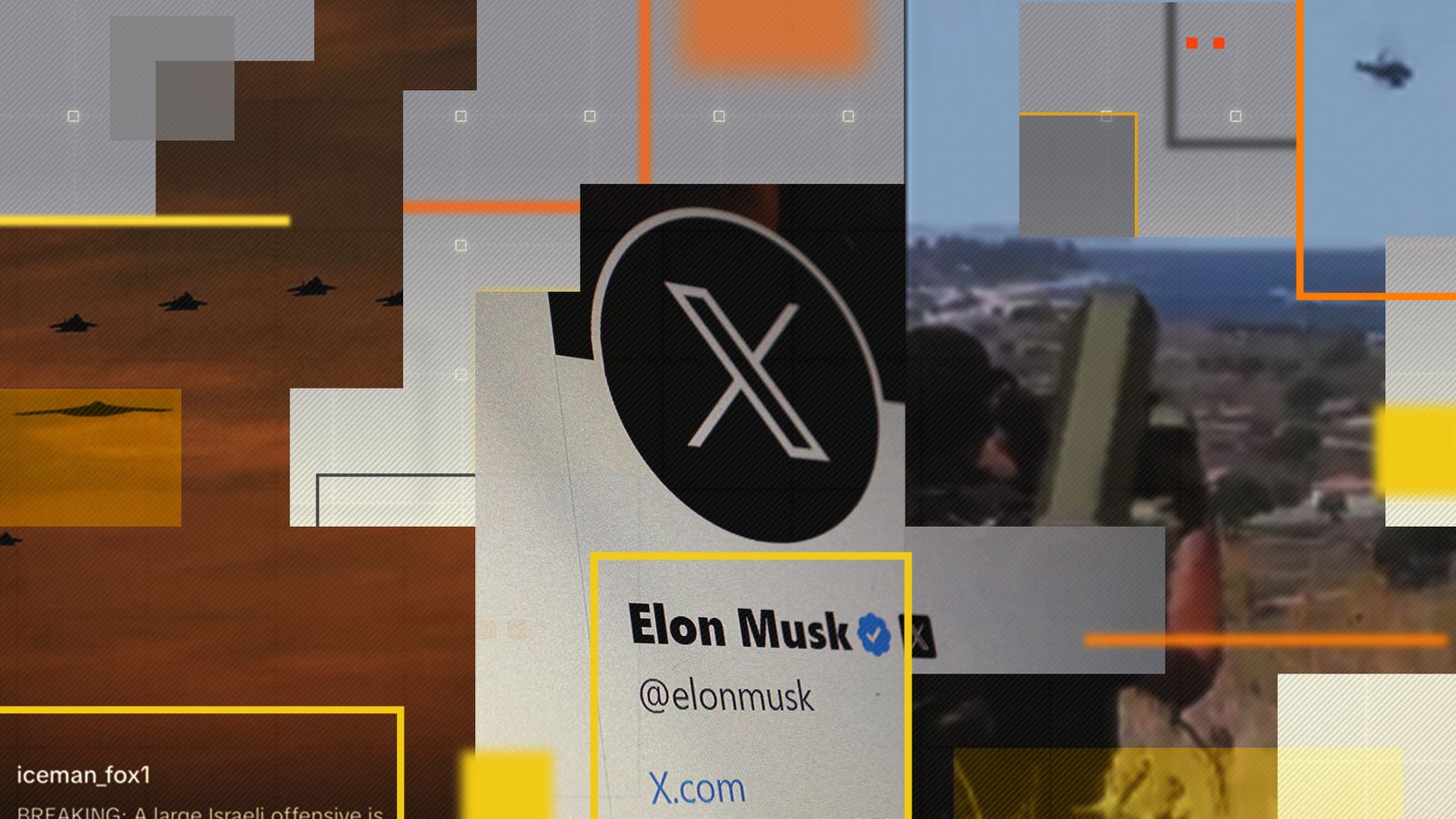WASHINGTON (AP) — As Russia’s war in Ukraine performs out for the planet on social media, huge tech platforms are relocating to limit Russian state media from making use of their platforms to unfold propaganda and misinformation.
Right after the European Union’s president called for a ban on Russian state media, a wave of tech providers blocked the channels from their platforms.
Google declared Tuesday that it’s blocking the YouTube channels of individuals stores in Europe “effective immediately” but acknowledged “it’ll just take time for our systems to thoroughly ramp up.” Russia’s RT and Sputnik accounts were also disabled in Europe on China’s TikTok, a video clip-sharing platform, a firm spokesperson confirmed Tuesday. The actions followed Meta’s announcement that it would bar the state media from its platforms, Instagram and Facebook.
Tech companies have also offered additional modest alterations in other parts of the environment so considerably: restricting the Kremlin’s reach, labeling extra of this written content so that people know it originated with the Russian governing administration, and reducing Russian state organs off from whichever advertisement earnings they had been previously making.
The changes are a cautious balancing act intended to gradual the Kremlin from pumping propaganda into social media feeds with no angering Russian officers to the position that they yank their citizens’ entry to platforms during a time of war, stated Katie Harbath, a previous public policy director for Fb.
“They’re seeking to stroll this really wonderful line they’re doing this dance,” mentioned Harbath, who now serves as director of engineering and democracy at the International Republican Institute. “We want to stand up to Russia, but we also really don’t want to get shut down in the place. How significantly can we push this?”
Banning RT and Sputnik won’t shut off the perfectly of disinformation about the war in Ukraine that’s flowing into social media feeds from daily people, pundits or the Kremlin’s extensive community of Facebook internet pages, trolls and reporters.
But compared with the EU, the U.S. government has not lower off a person of the most apparent supplies of wartime propaganda by sanctioning Russian point out media or contacting on tech organizations to ban it, leaving the American-owned tech corporations to wrestle with it on their personal.
The outcomes have been mixed.
RT and other Russian-state media accounts are still lively on Fb in the U.S. Twitter announced Monday that after viewing a lot more than 45,000 tweets day by day from customers sharing Russian point out-affiliated media backlinks in new times, it will add labels to content from the Kremlin’s internet websites. The business also claimed it would not advocate or direct customers to Russian-affiliated sites in its lookup purpose.
Around the weekend, the Menlo Park, California-based mostly business declared it was banning adverts from Russian point out media and had taken out a network of 40 faux accounts, pages and teams that posted pro-Russian speaking details. The community employed fictitious persons posing as journalists and professionals, but did not have a lot of an audience.
Fb began labeling condition-managed media stores in 2020.
In the meantime, Microsoft announced it wouldn’t exhibit written content or advertisements from RT and Sputnik, or include RT’s apps in its application keep. And Google’s YouTube restricted Russian-point out media from monetizing the web-site by means of ads, though the shops are however uploading films each couple of minutes on the web-site.
On TikTok, a Chinese platform well-known in the U.S. for quick, amusing video clips, state-affiliated media is not labeled as these types of. And pro-Russian propaganda and misinformation all around the war has flourished on its site.
A person new movie posted to RT’s TikTok channel, which is nevertheless active in the U.S., functions a clip of Steve Bannon, a former best adviser to ex-President Donald Trump who now hosts a podcast with a penchant for misinformation and conspiracy theories.
“Ukraine is not even a country. It is kind of a thought,” Bannon explained in the clip, echoing a claim by Russian President Vladimir Putin. “So when we speak about sovereignty and self-resolve it is just a corrupt location where the Clintons have turned into a colony exactly where they can steal revenue.”
Presently, Facebook’s initiatives to limit Russian condition media’s attain have drawn ire from Russia. Past 7 days, Meta officers mentioned they experienced rebuffed Russia’s ask for to quit reality-examining or labeling posts produced by Russian condition media. Kremlin officers responded by restricting entry to Fb.
The company has also denied requests from Ukrainian officials who have asked Meta to remove access to its platforms in Russia. That would stop day to day Russians from applying the platforms to master about the war, voice their views or arrange protests, according to Nick Clegg, just lately named the company’s vice president of worldwide affairs
“We believe turning off our providers would silence vital expression at a crucial time,” Clegg wrote on Twitter Sunday.
Much more aggressive labeling of state media and moves to de-emphasize their content material on the internet may well assist minimize the unfold of dangerous materials without cutting off a crucial data resource, said Alexandra Givens, CEO of the Middle for Democracy and Technological know-how, a Washington non-earnings.
“These platforms are a way for dissidents to organize and press again,” Givens mentioned. “The clearest indication of that is the routine has been hoping to shut down obtain to Facebook and Twitter.”
Russia has spent decades building its sprawling propaganda equipment, which offers dozens of internet sites that goal hundreds of thousands of people in diverse languages. That planning is producing it difficult for any tech business to mount a quick response, said Graham Shellenberger at Miburo Remedies, a agency that tracks misinformation and influence campaigns.
“This is a method that has been crafted above 10 years, primarily when it arrives to Ukraine,” Shellenberger reported. “They’ve established the channels, they’ve established the messengers. And all the unexpected now, we’re starting to choose action versus it.”
Redfish, a Fb site that is labeled as Russian-point out managed media, has created up a mostly U.S. and liberal-leaning viewers of more than 800,000 followers around the several years.
The webpage has in modern times posted anti-U.S. sentiment and sought to downplay Russian’s invasion of Ukraine, calling it a “military operation” and dedicating several posts to highlighting anti-war protests across Russia.
A person Facebook put up also used a picture of a map to emphasize airstrikes in other components of the entire world.
“Don’t permit the mainstream media’s Eurocentrism dictate your moral support for victims of war,” the post read.
Previous week, U.S. Sen. Mark Warner of Virginia despatched letters to Google, Meta, Reddit, Telegram, TikTok and Twitter urging them to control this sort of Russian affect campaigns on their internet sites.
“In addition to Russia’s established use of affect operations as a software of strategic impact, info warfare constitutes an integral portion of Russian armed forces doctrine,” Warner wrote.
___
Klepper reported from Providence, R.I. AP Small business Author Kelvin Chan in London contributed to this report.






More Stories
A Beginner’s Tour through Essential Electronic Components
Escaped Pennsylvania killer Danelo Cavalcante captured utilizing heat technological know-how, Border Patrol canine
10 Best Tech Stocks to Buy for 2023 | Investing